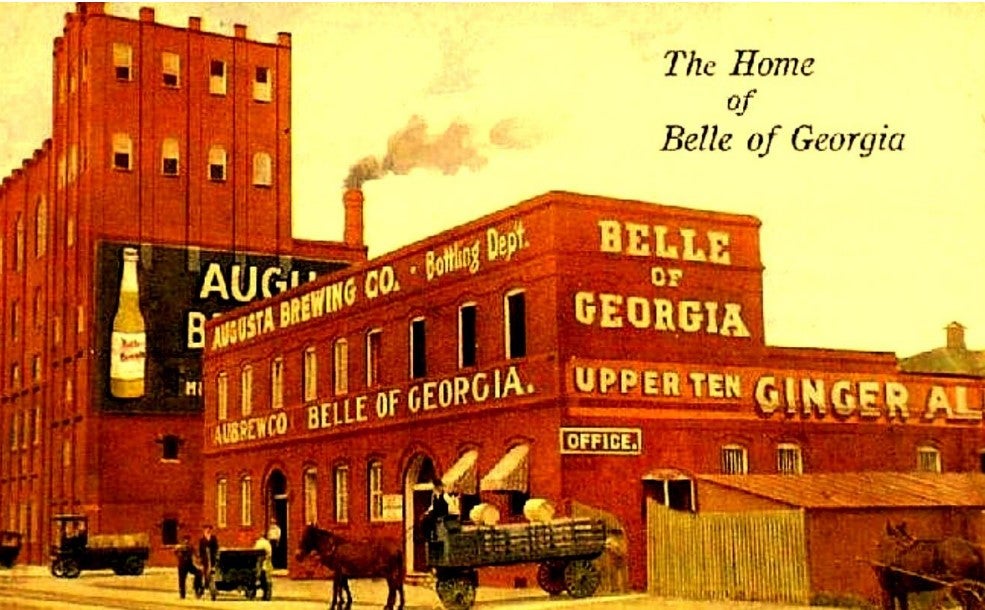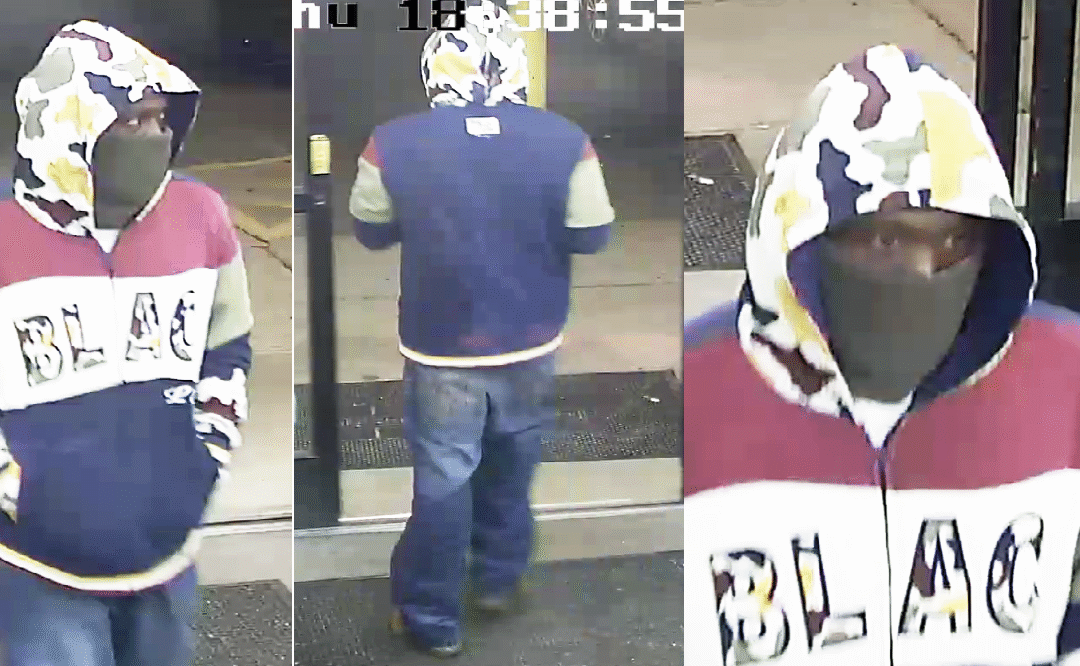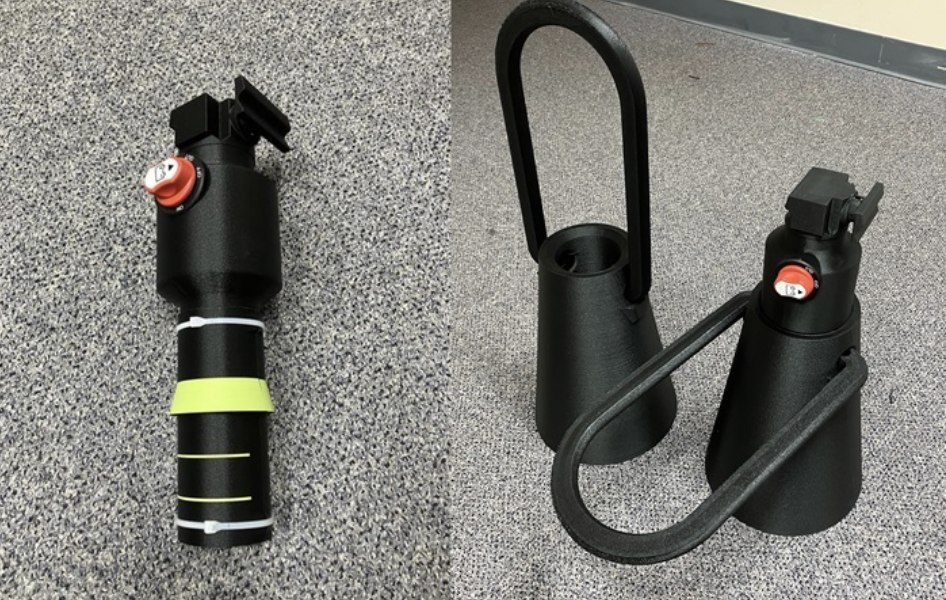The era of Prohibition not only brought rise to organized crime, it also destroyed the careers of legitimate brewers and sellers of alcohol. Such is the story of Edward Herman and his signature beer, Belle of Georgia.
Edward Herman emigrated from Germany to America with his family in 1855 when he was 15 years old. The family settled in Louisville, Ky. as the nation began barreling towards civil war.
According to Herman’s great-grandson, local historian Doug Herman, Edward enlisted with the Union Army and would remain with his unit until the war’s end.
After his discharge from the army, Edward Herman went to work for the Kentucky Malt & Grain Company where he learned the art of brewing beer. By the 1880s, Herman was poised to open his own brewery.
Patrick Walsh, former editor of The Augusta Chronicle and mayor of Augusta, forged a friendship with Herman and finally persuaded him to locate his brewery in Augusta.
However, even as early as the 1880s, temperance movements were springing up across the nation, and, according to Doug Herman, his great-grandfather paid a visit to Georgia Gov. John B. Gordon to discuss the possibility of Georgia becoming a dry state in the future.
“The governor assured him that prohibition would never come to Georgia,” Doug Herman said.
Herman set about building his Augusta Brewing Company in 1888. The building, which was located at 13th Street and Walton Way near the Augusta Canal, was a huge facility that took a year to construct.
In 1889, Herman launched his Belle of Georgia and Belle of South Carolina brands. It was during that time that Herman’s other great-grandfather, Ed Sheehan, was building his bottling operation, but Doug Herman said in the early days, the brewed beer was not sold in bottles, but in casks.
“When they did start actually bottling it, the bottles came with a paper label advertising Belle of Georgia,” Herman said.
By 1905, the push to prohibit alcohol was gaining momentum, and Herman attempted to diversify his brands by offering sodas and even chocolate milk, and he changed the name of the company in 1916 to Augusta Beverage and Ice Company to conform to the Treasury Department’s rule banning the word brewery to be used in company names.
Despite the diversification, people did not want chocolate milk. They wanted beer, and when Prohibition did become the law of the land, Herman’s business was effectively over.
Interestingly enough, local officials did not enforce the federal law, and saloons continued to operate. However, breweries were regulated by the feds, and Herman was forced into bankruptcy.
“He left Augusta and went back to Louisville. He was a broken man,” Herman said.
However, Belle of Georgia would make a brief return as a dark microbrew.
In 1996, Doug Herman relaunched the brand for a limited run.
“It was a fun project to work on. I had a ball running it with my son,” Herman said.
…And that is something you may not have known.











